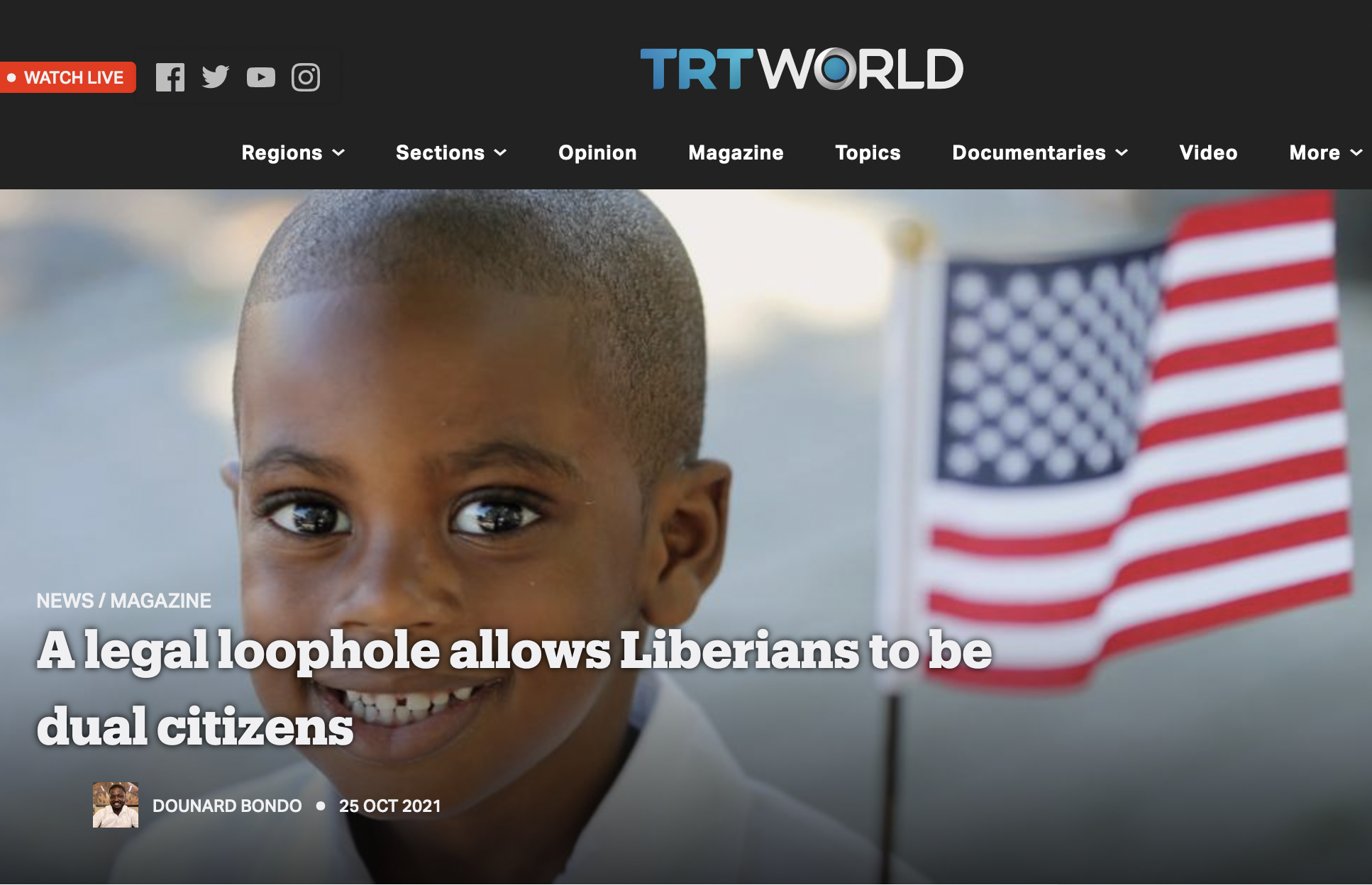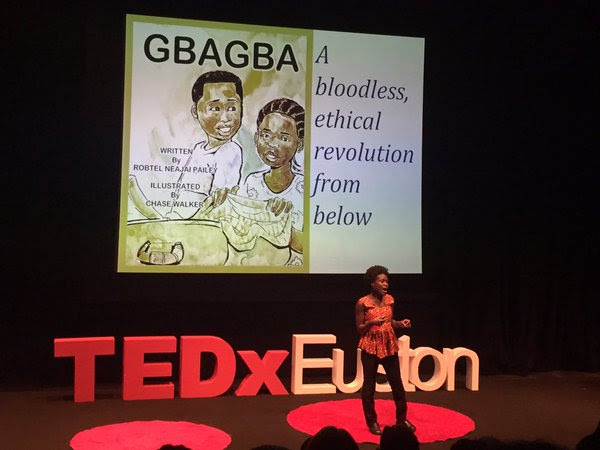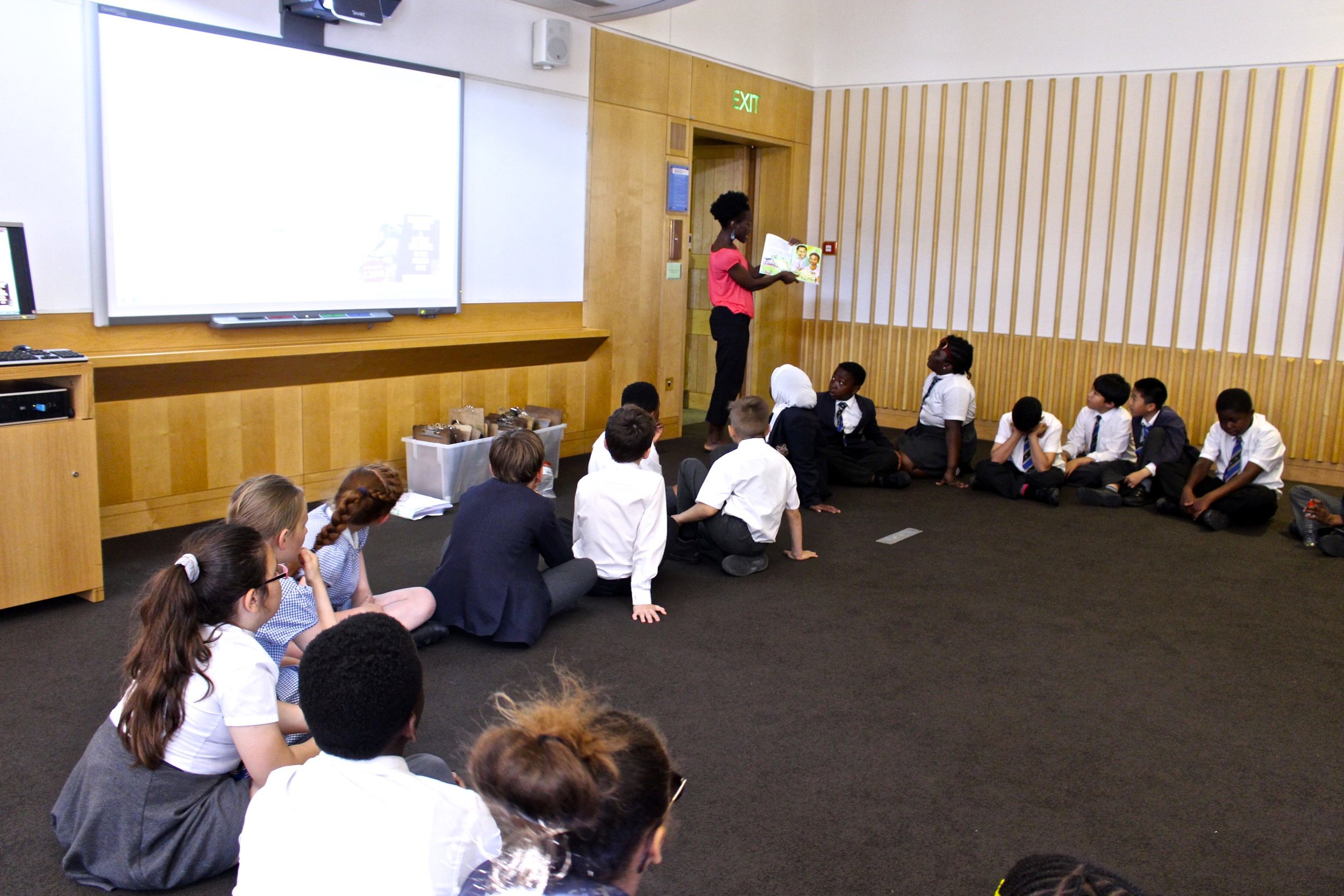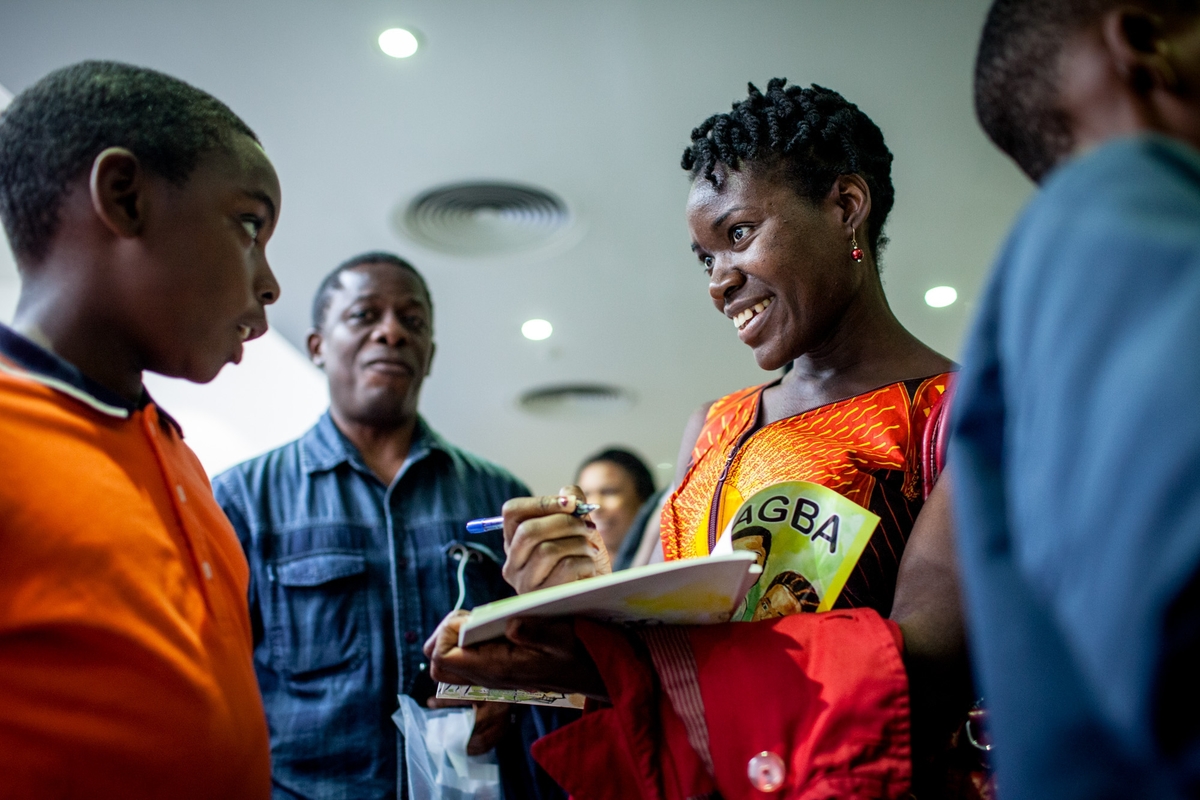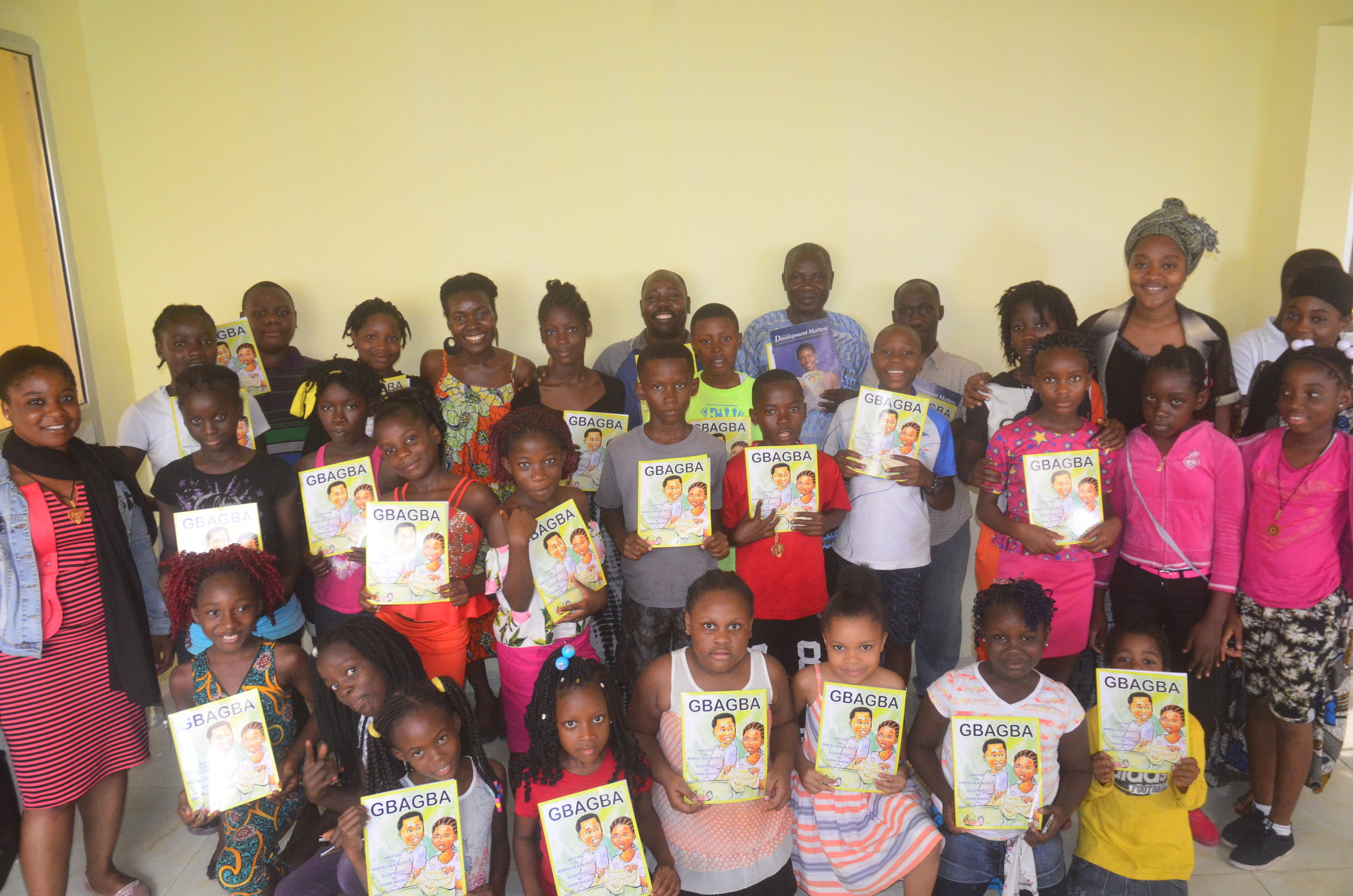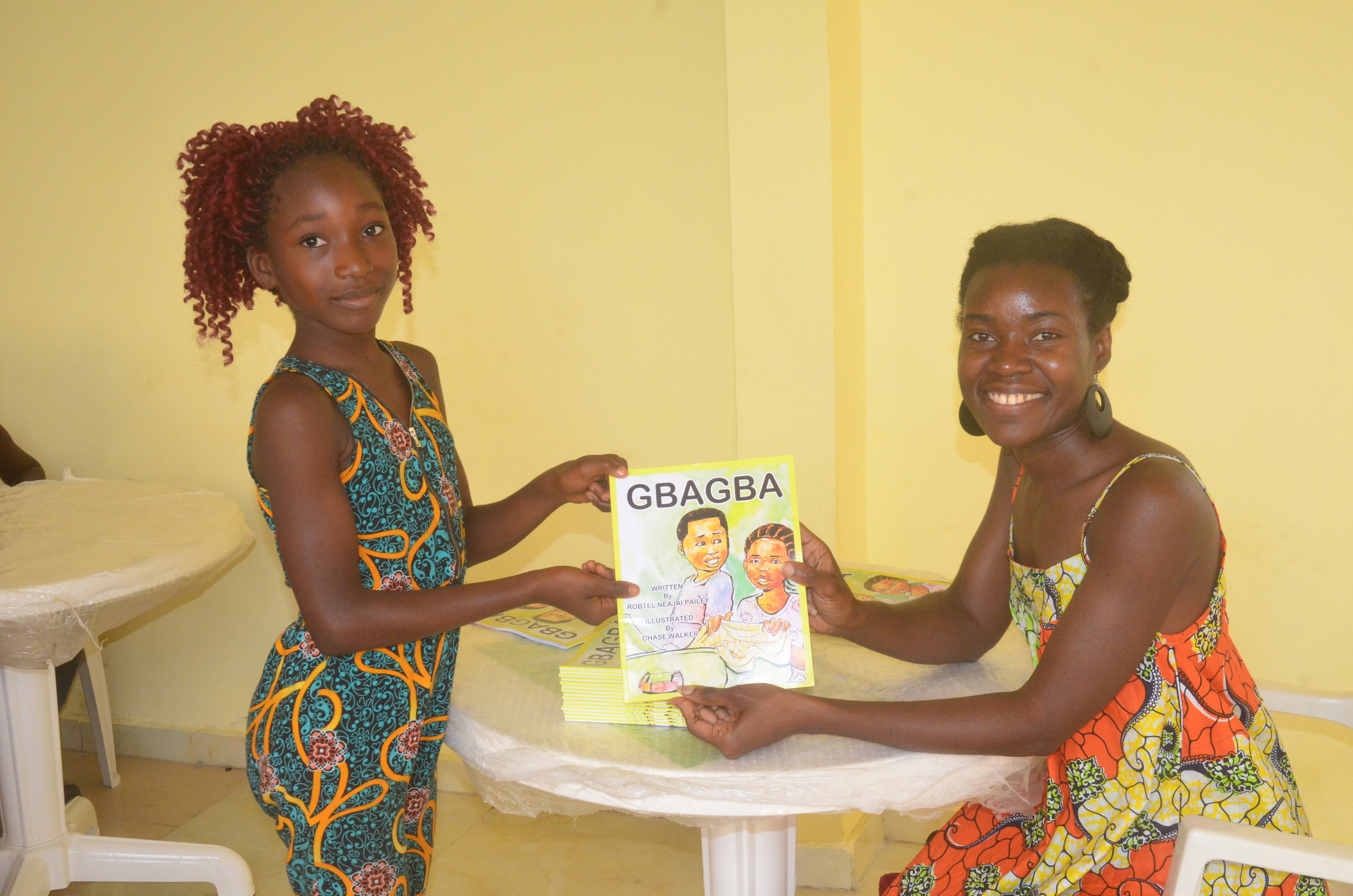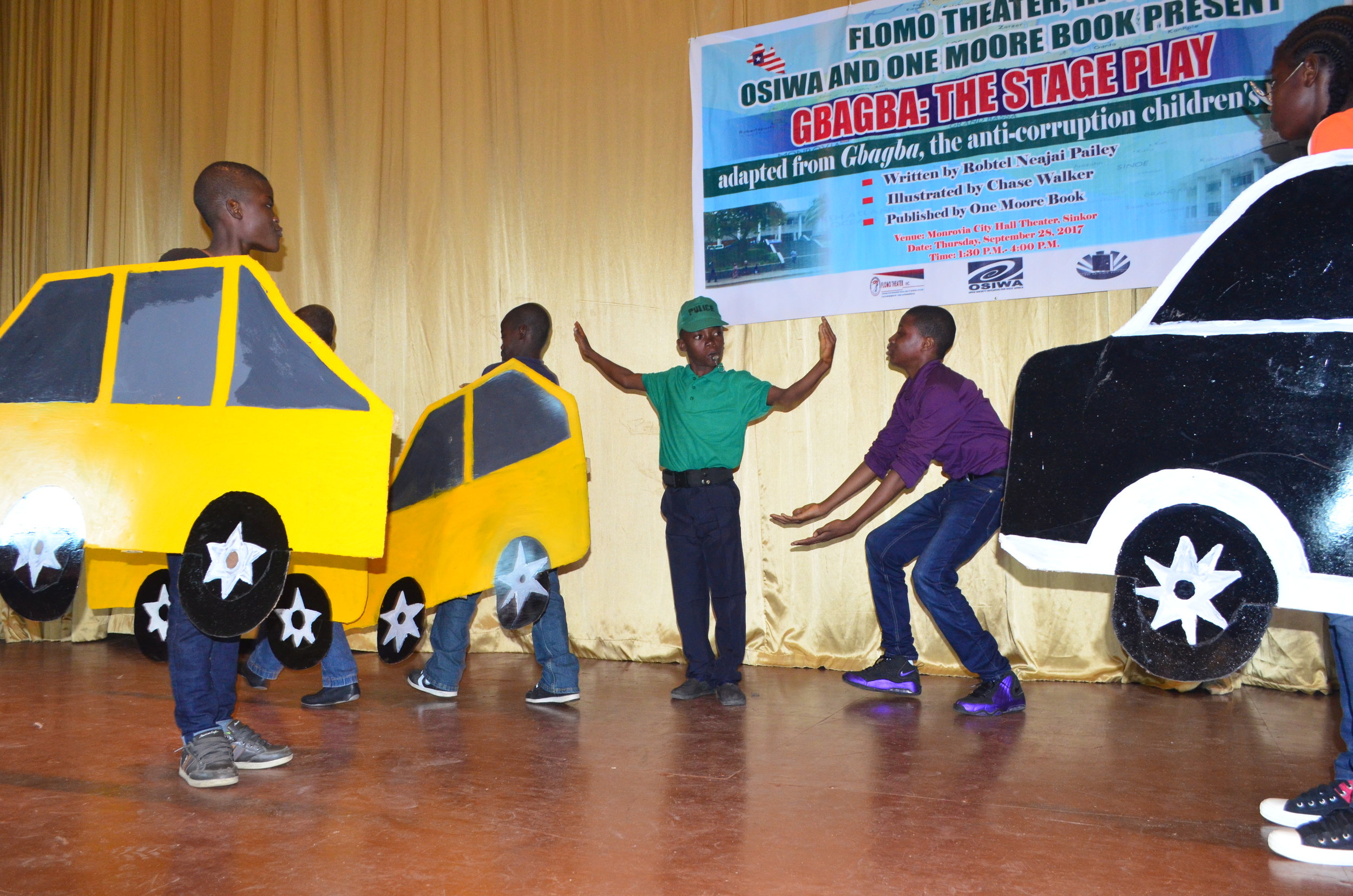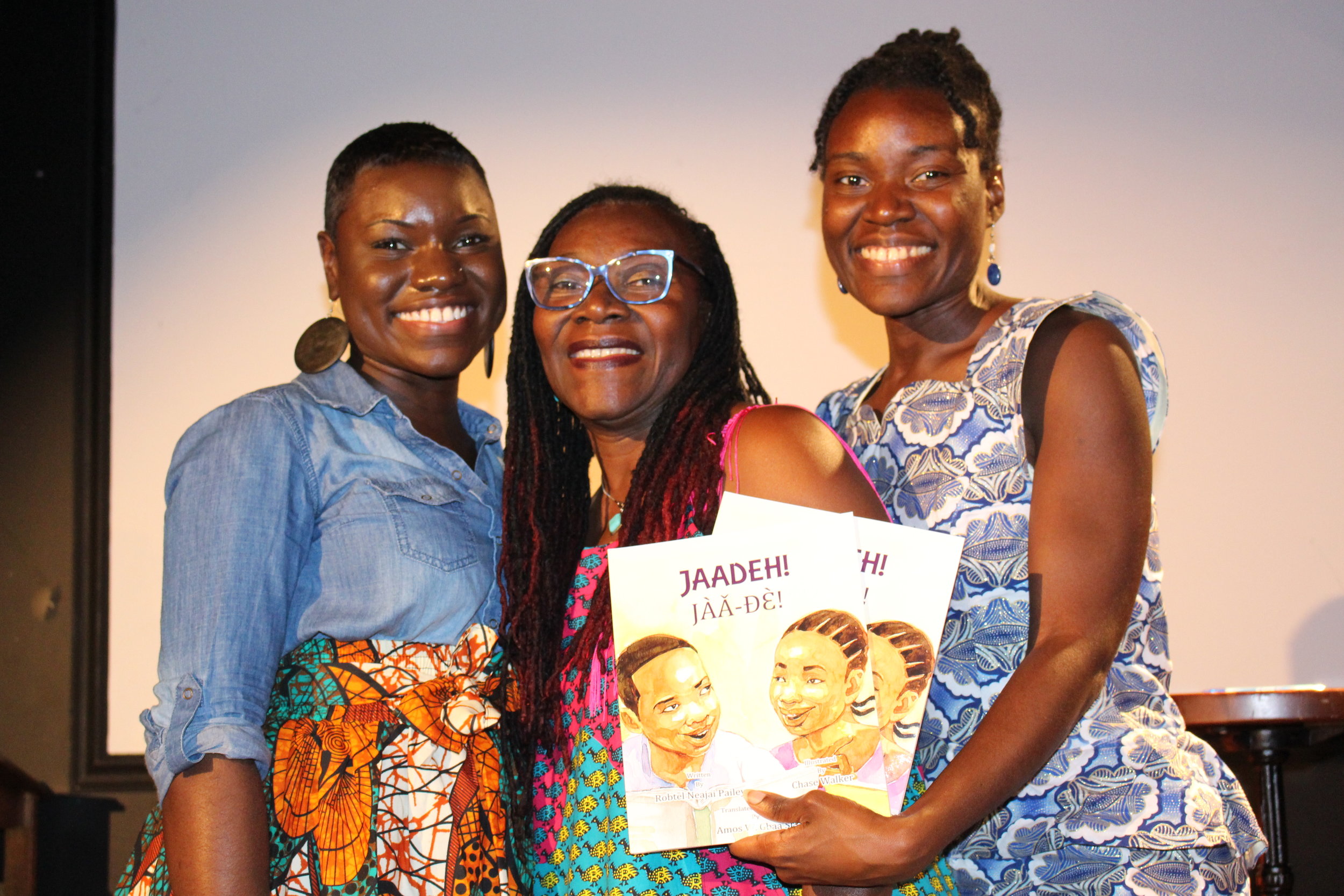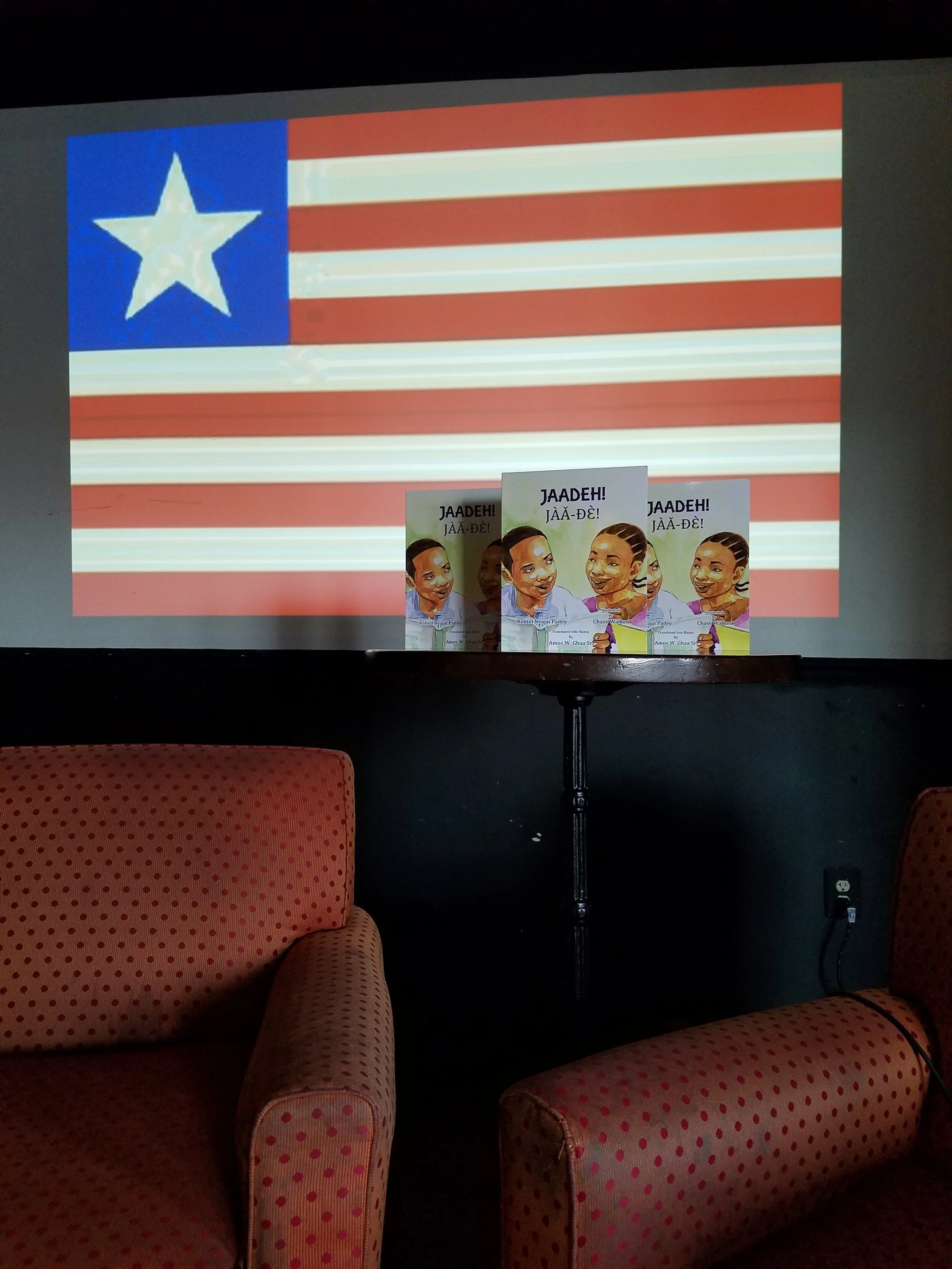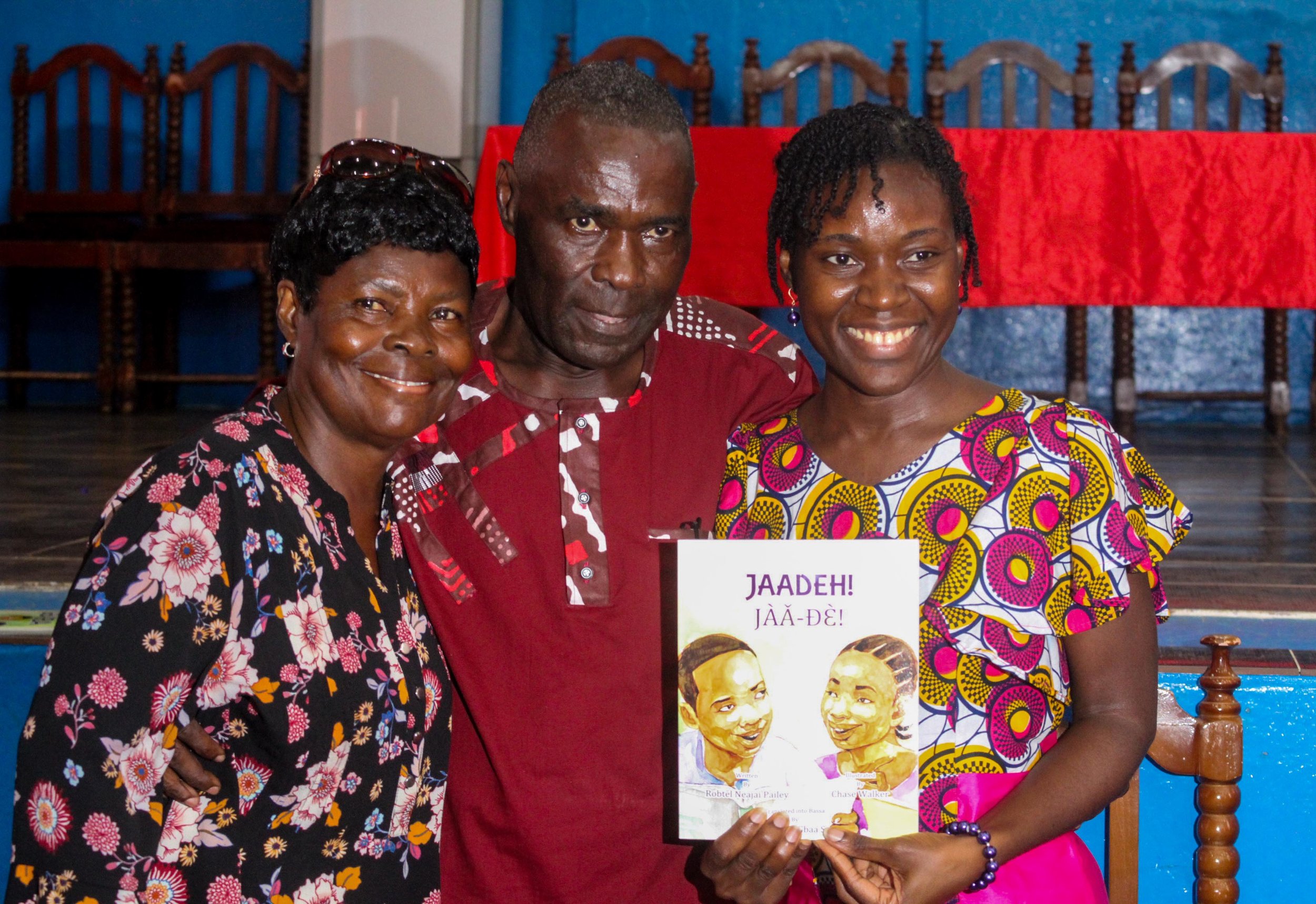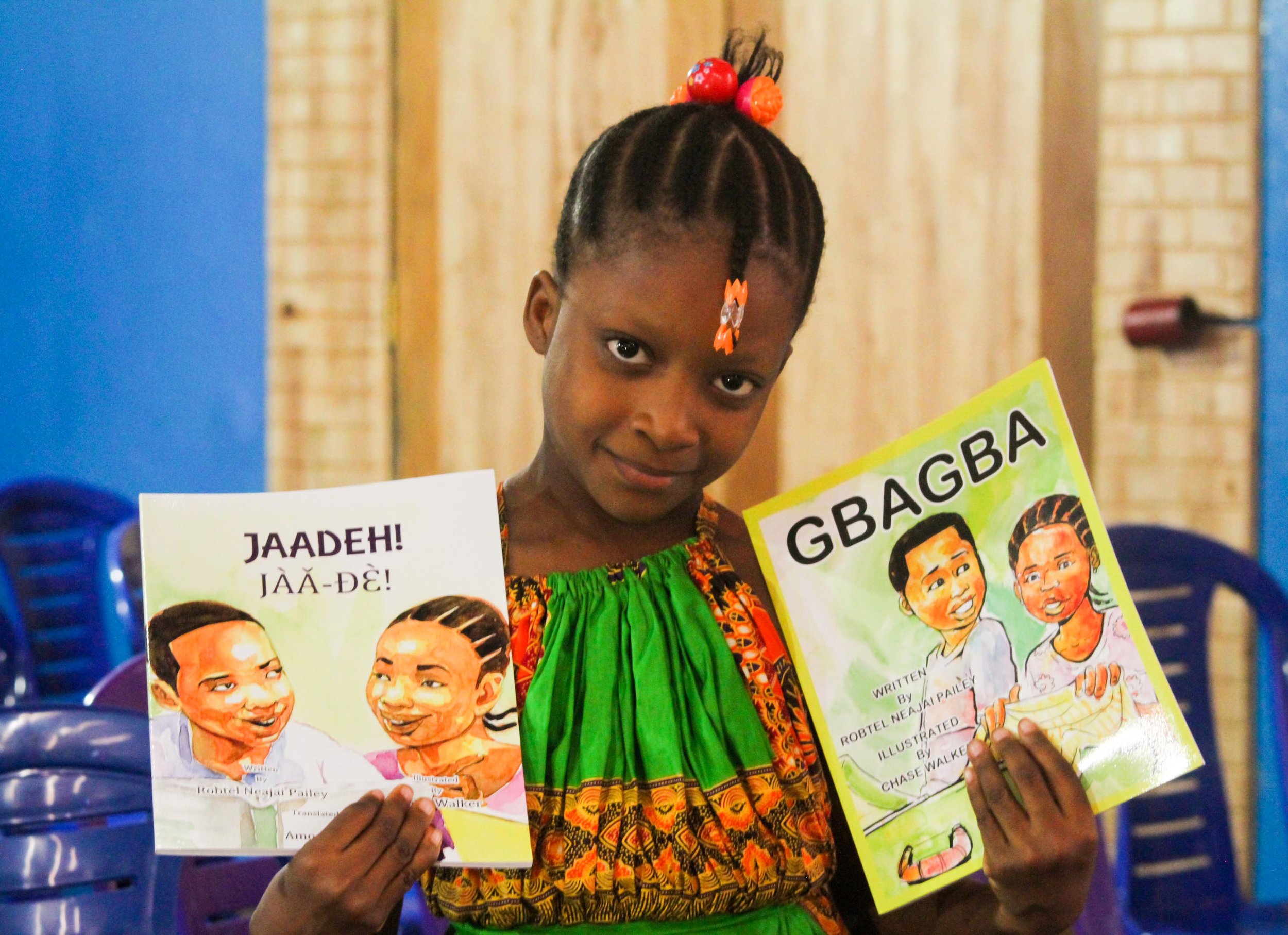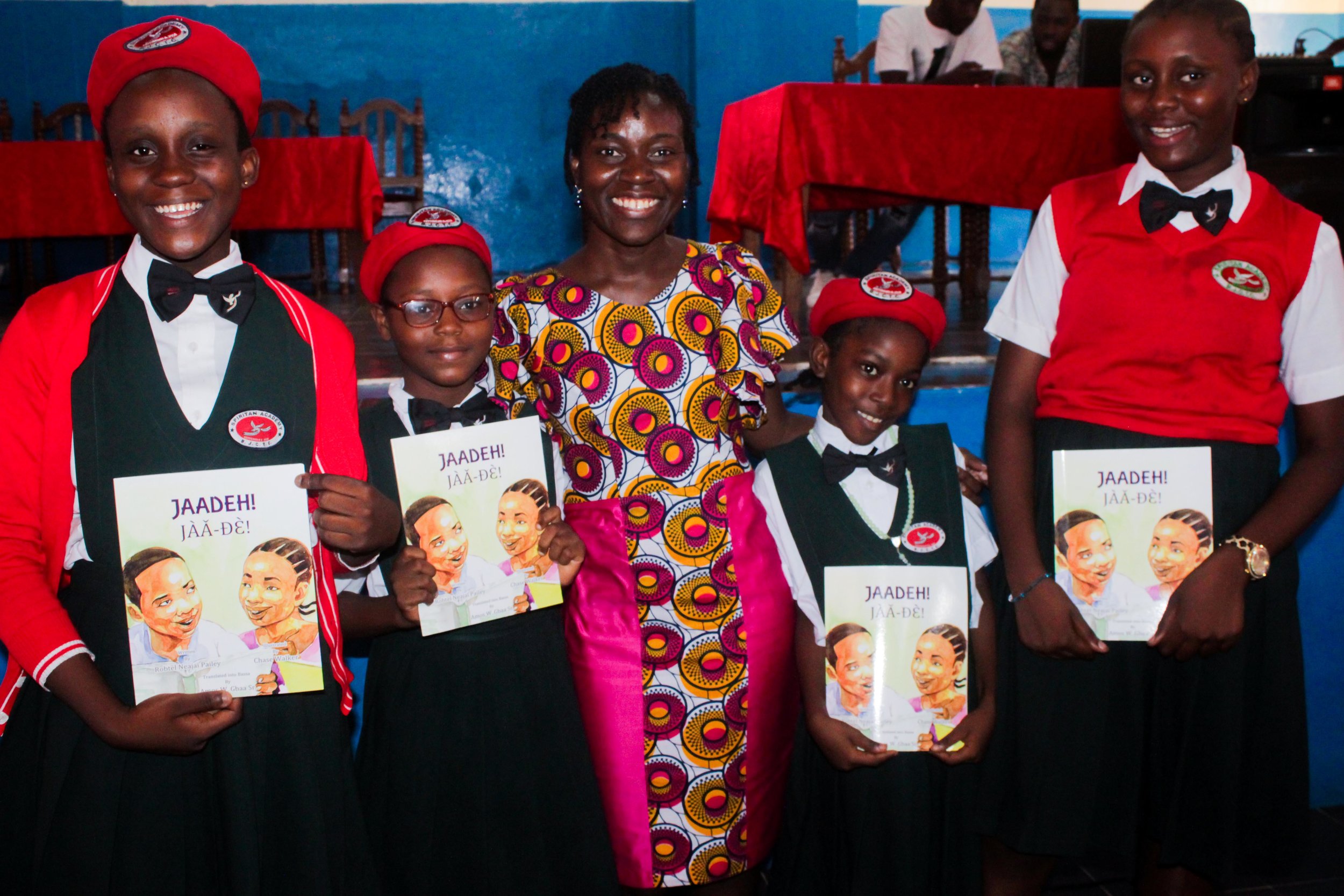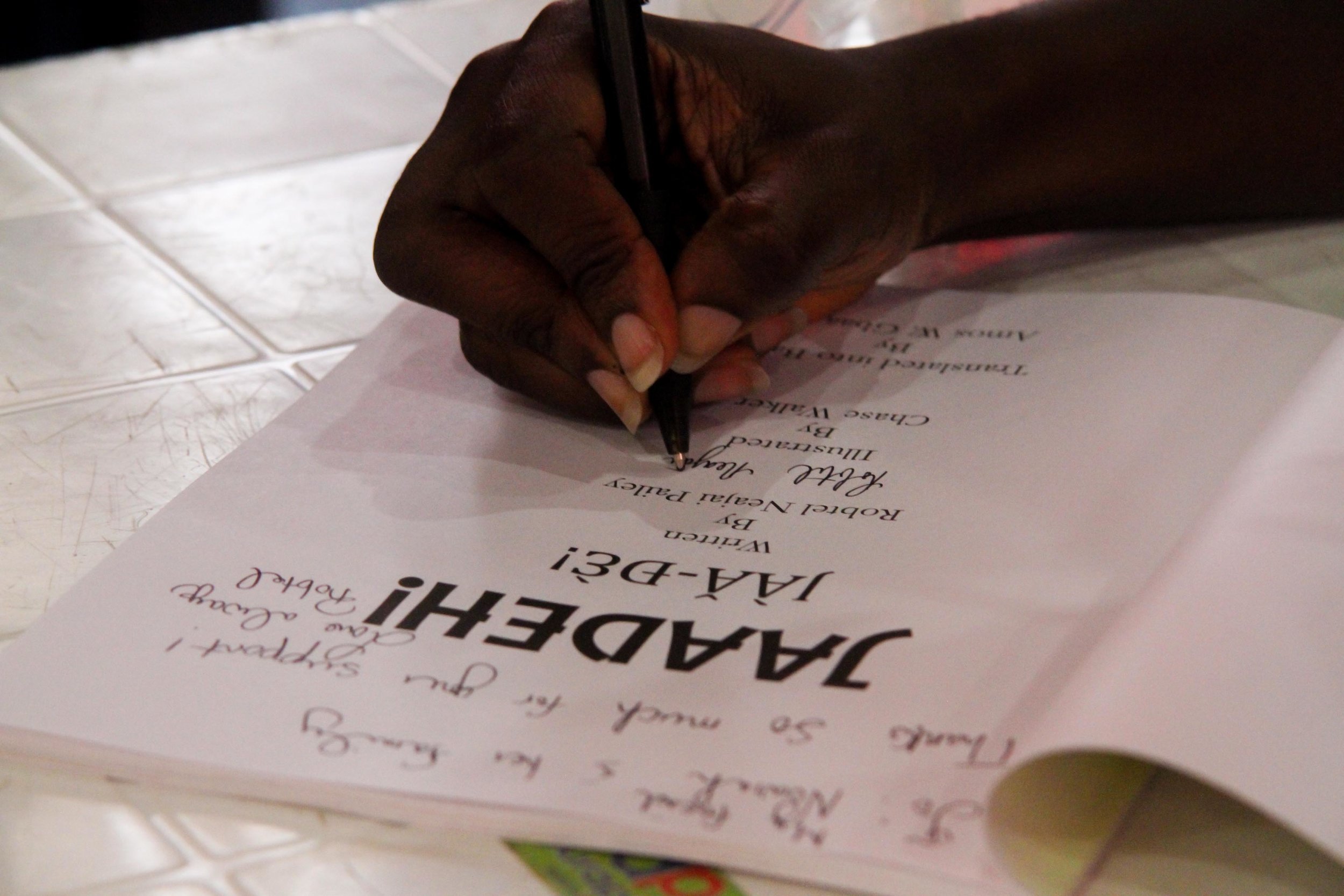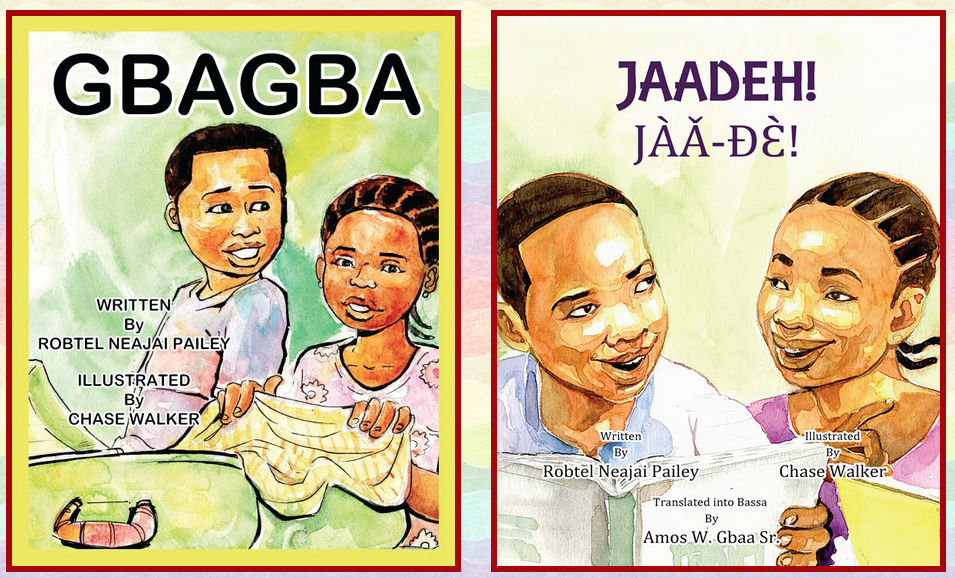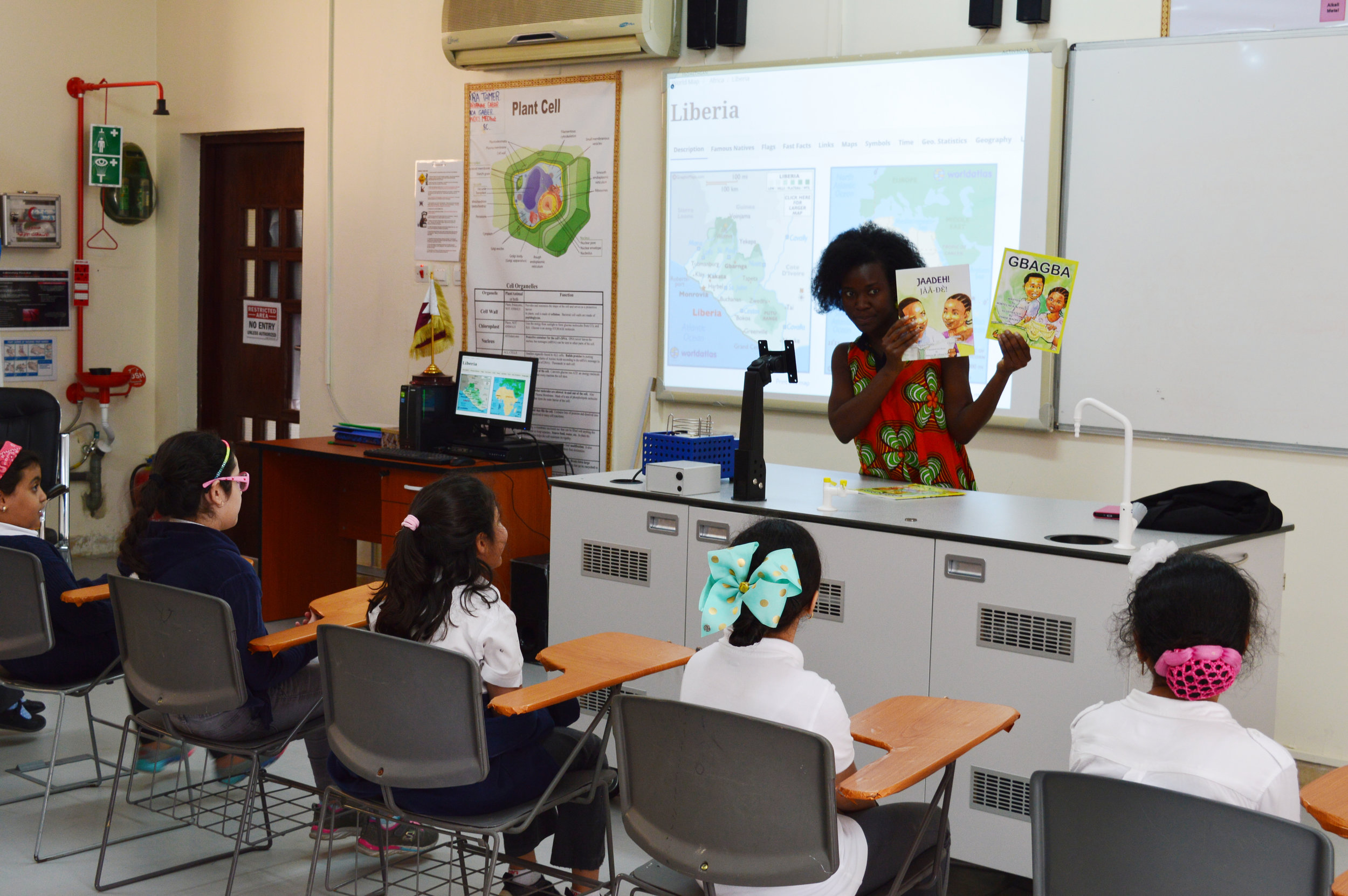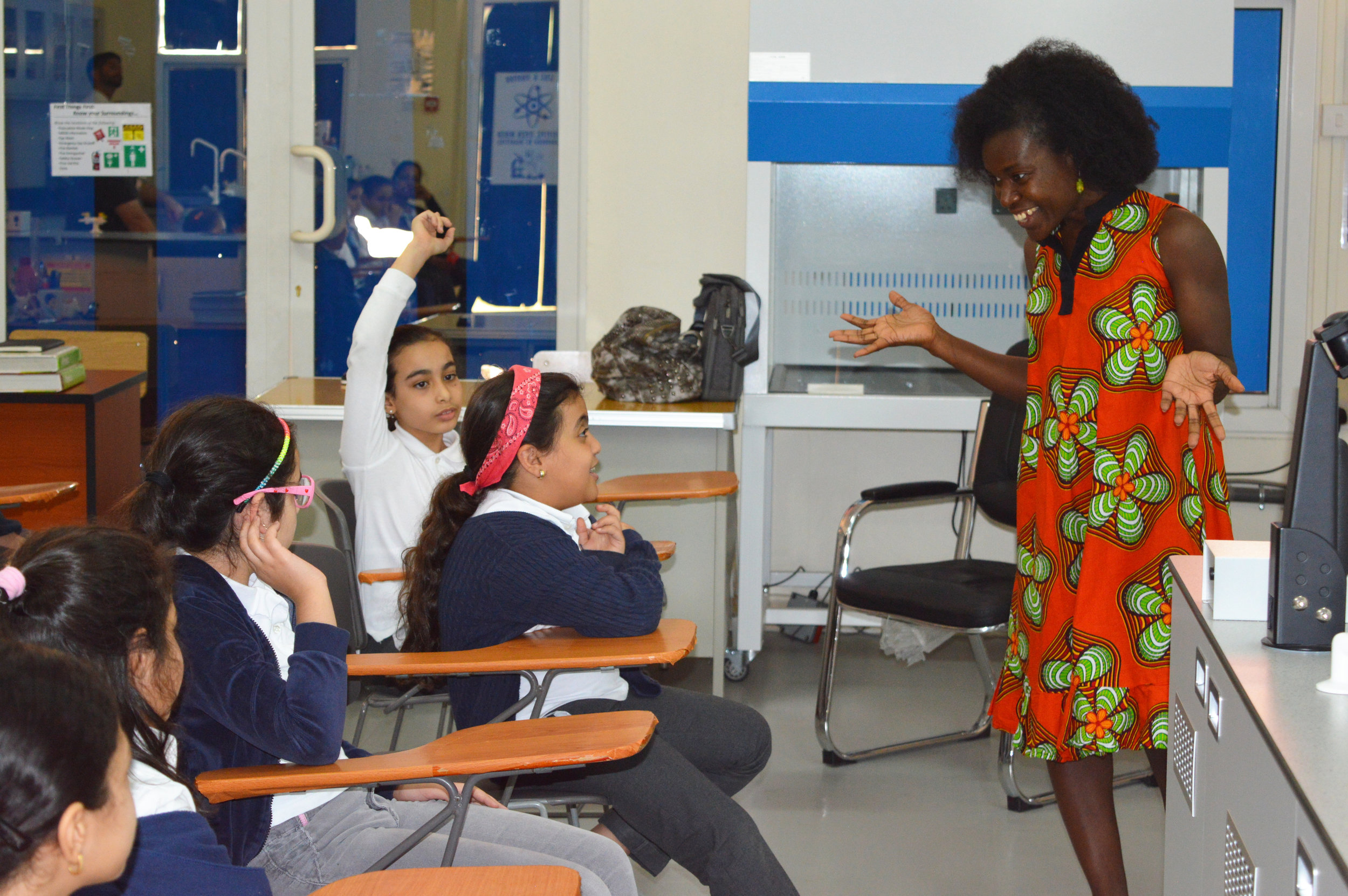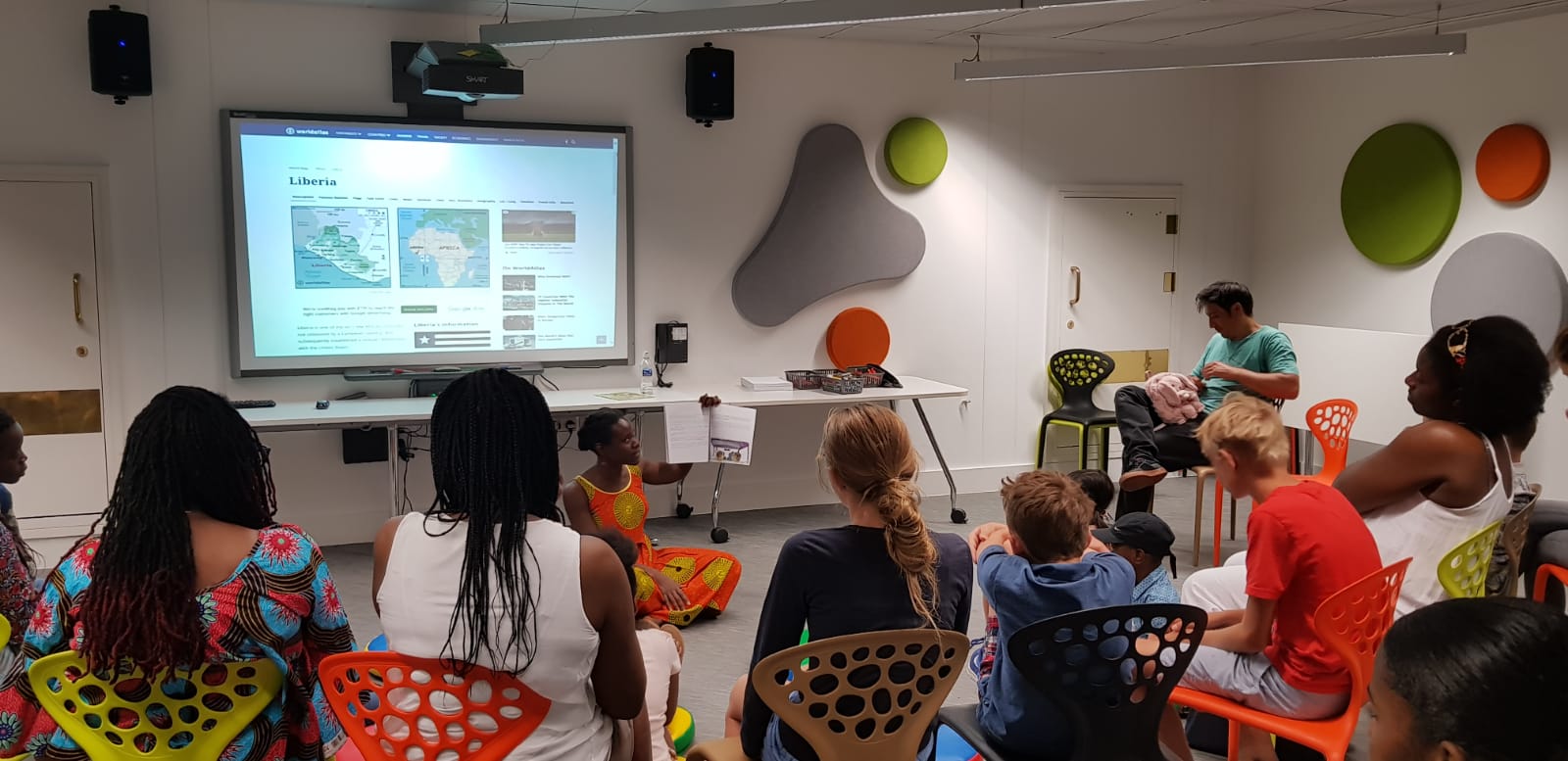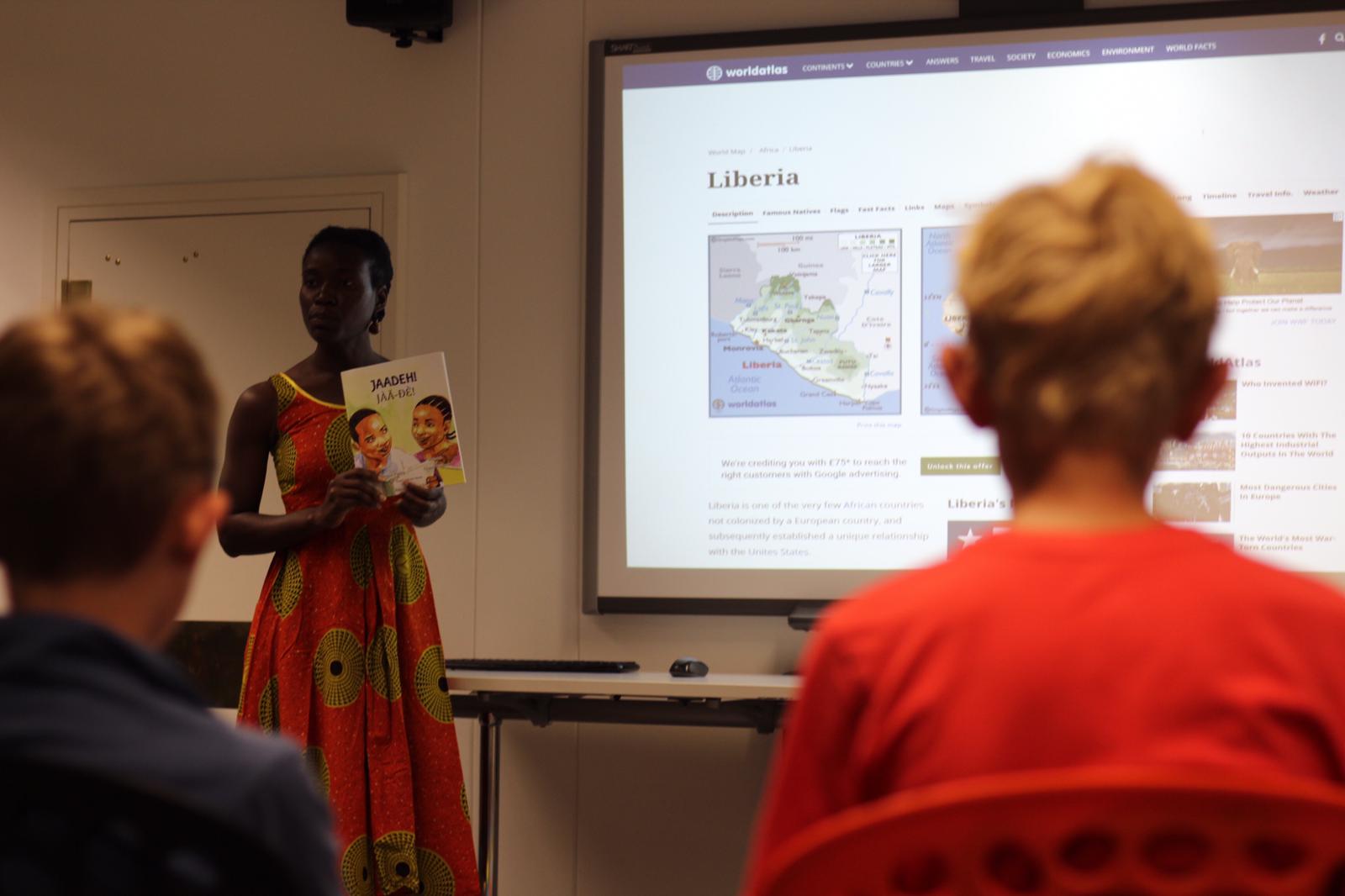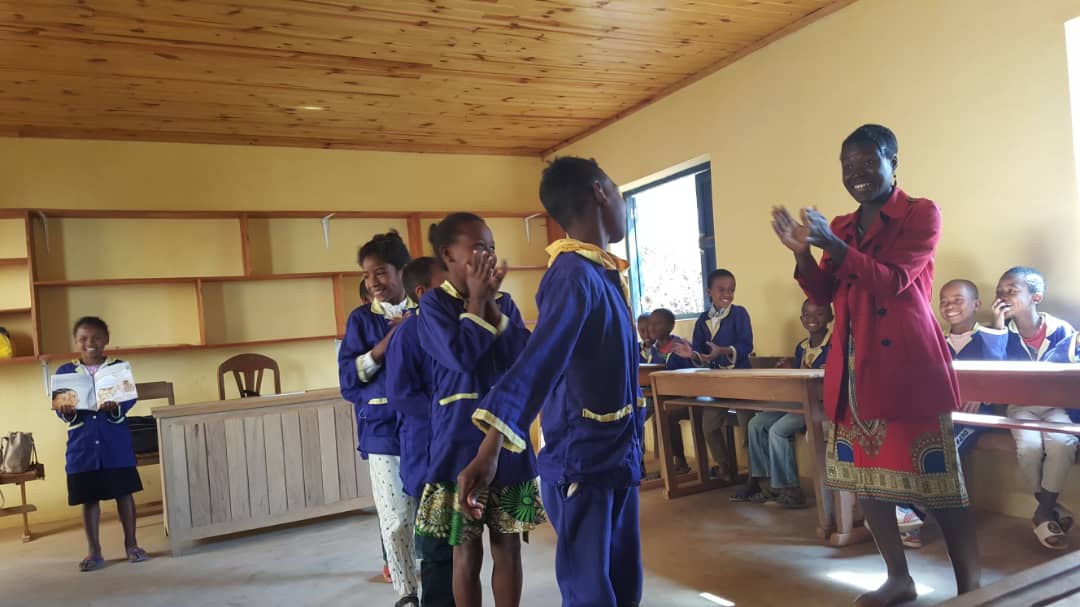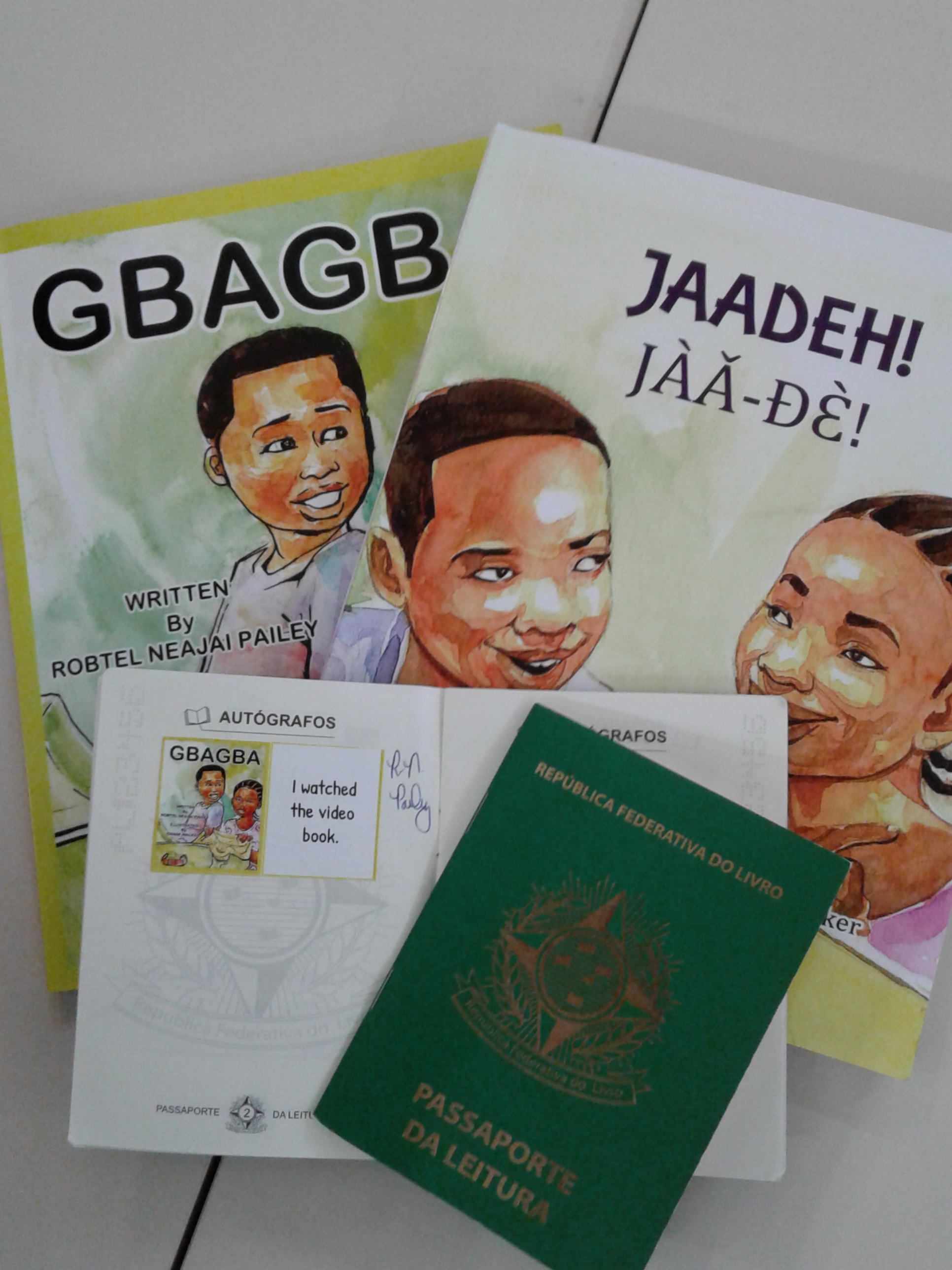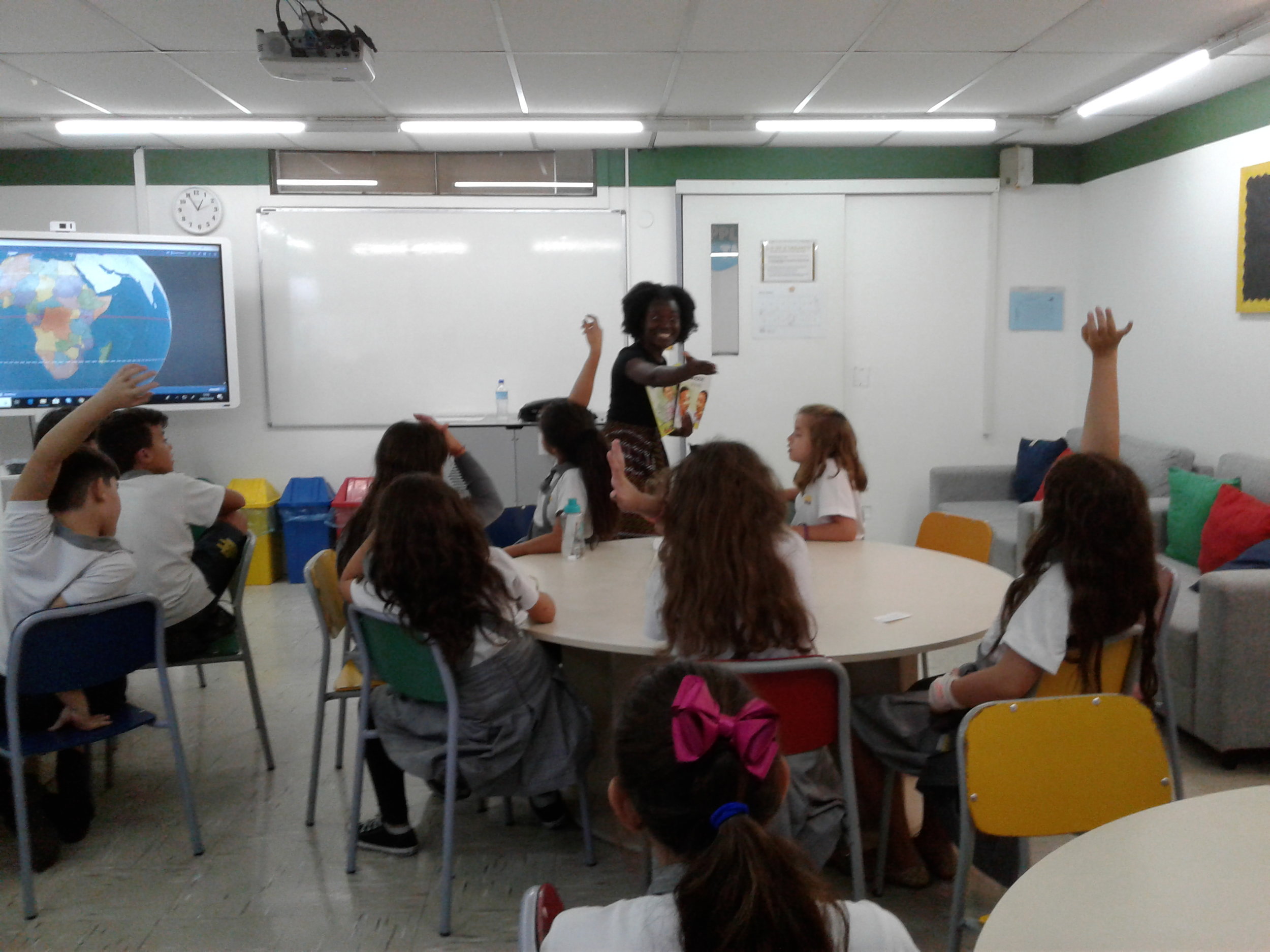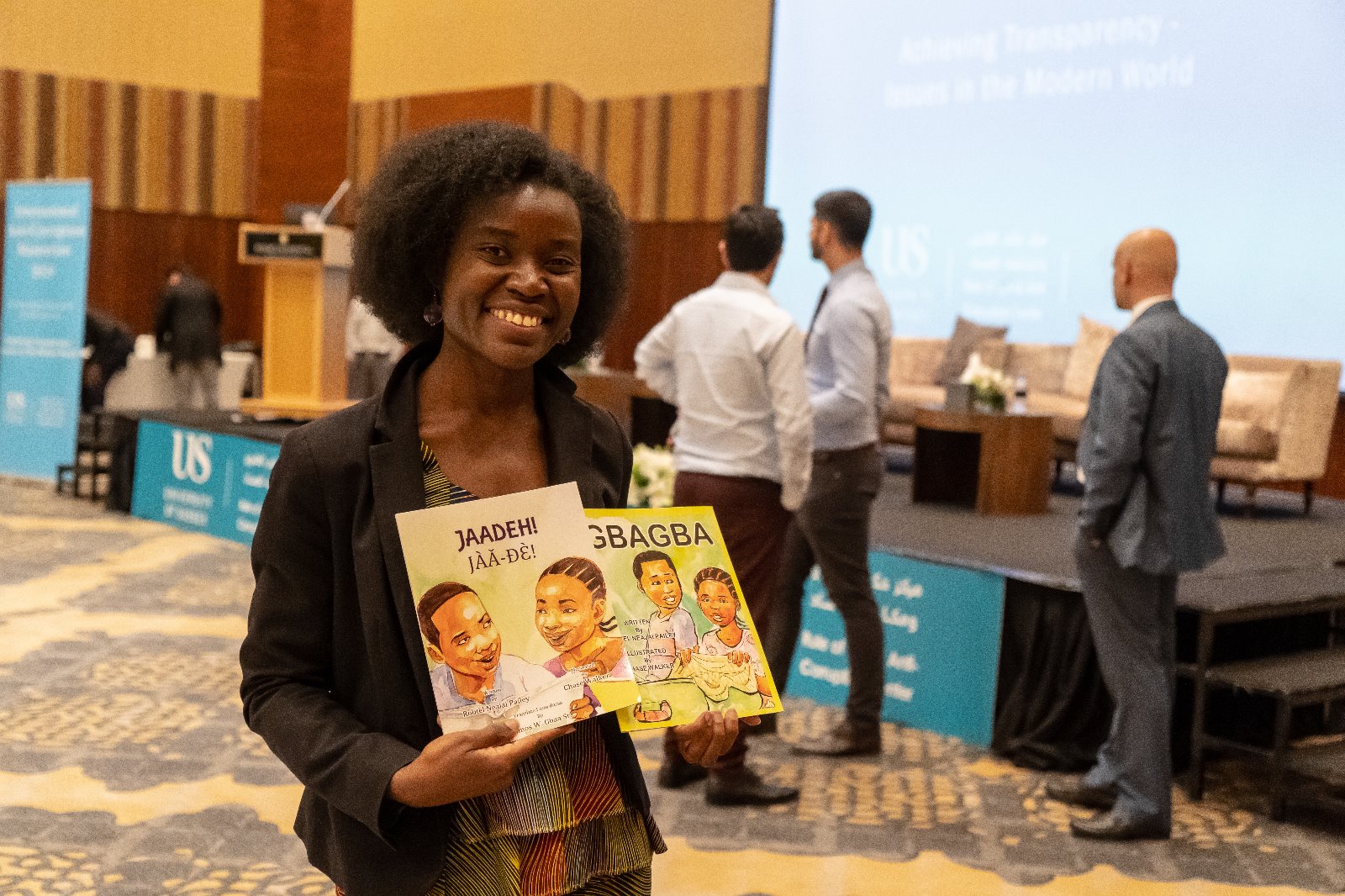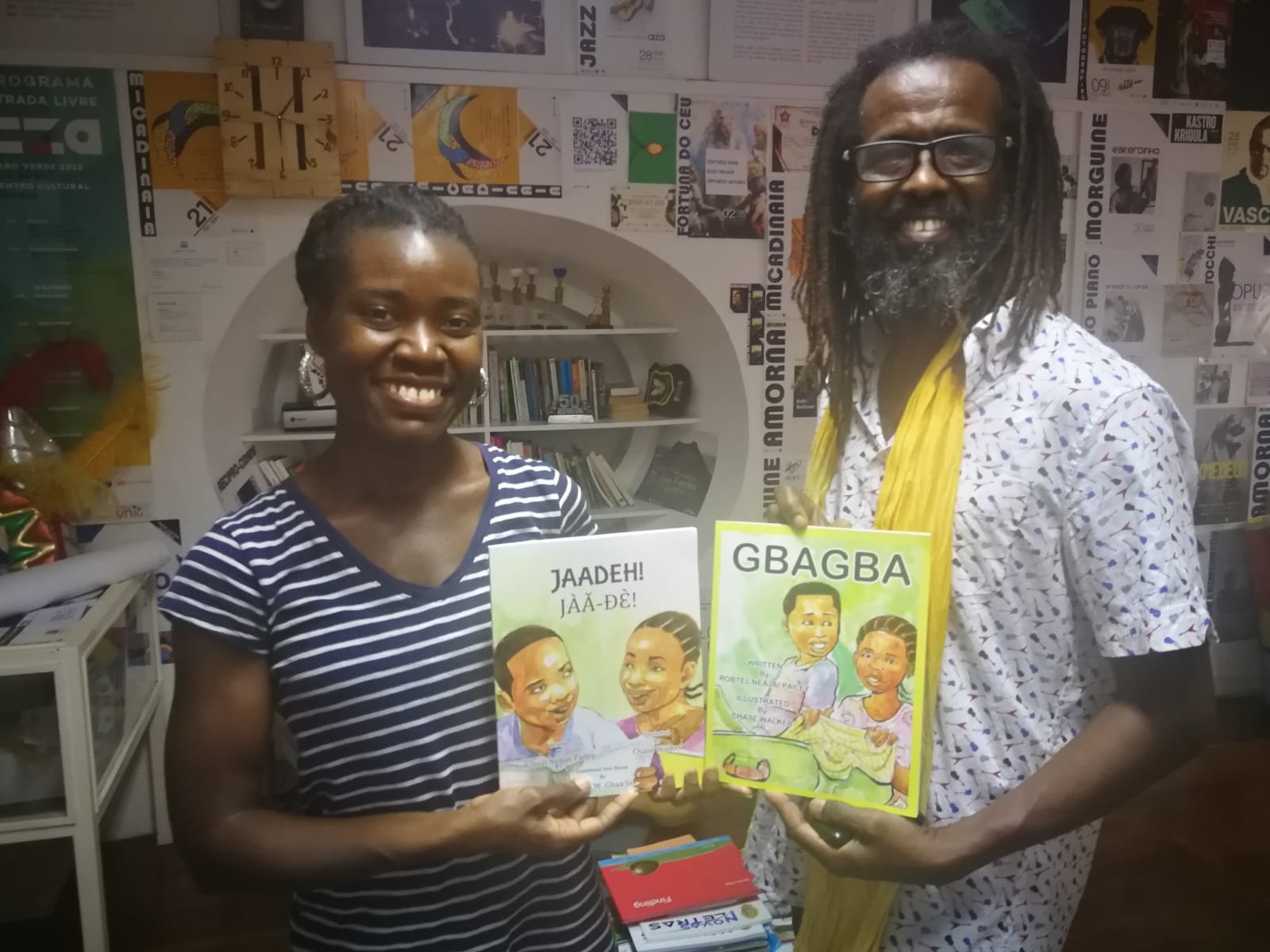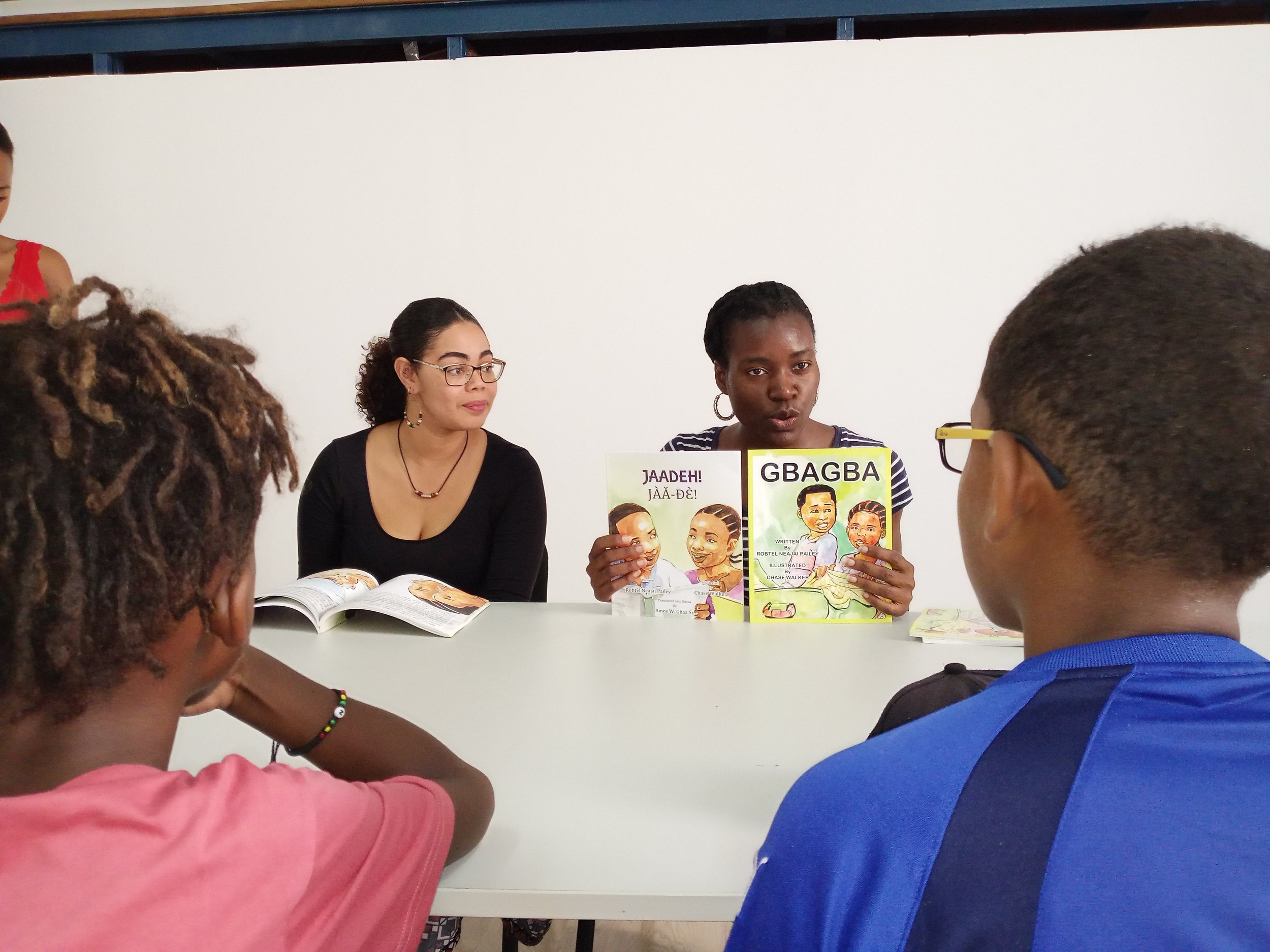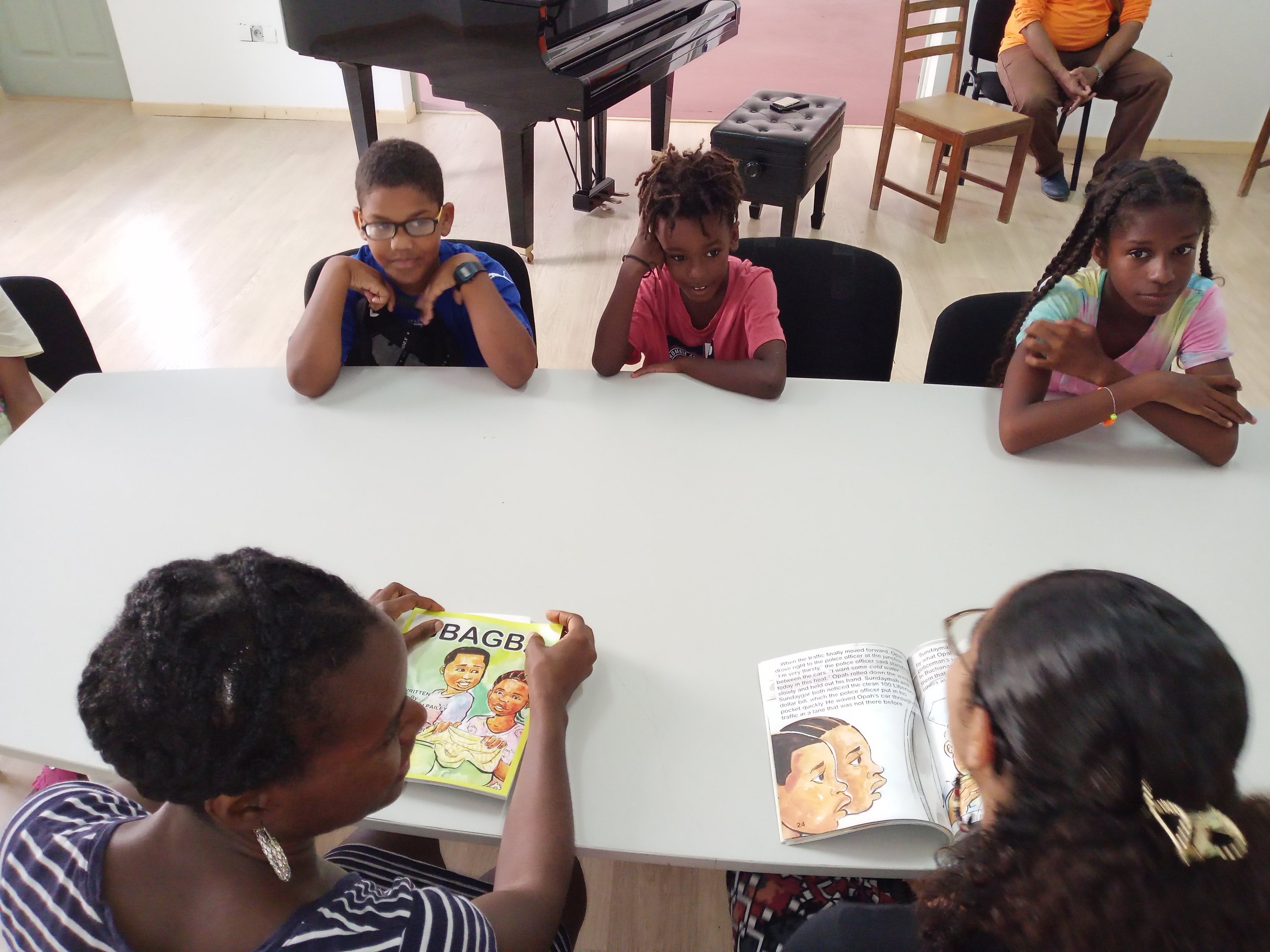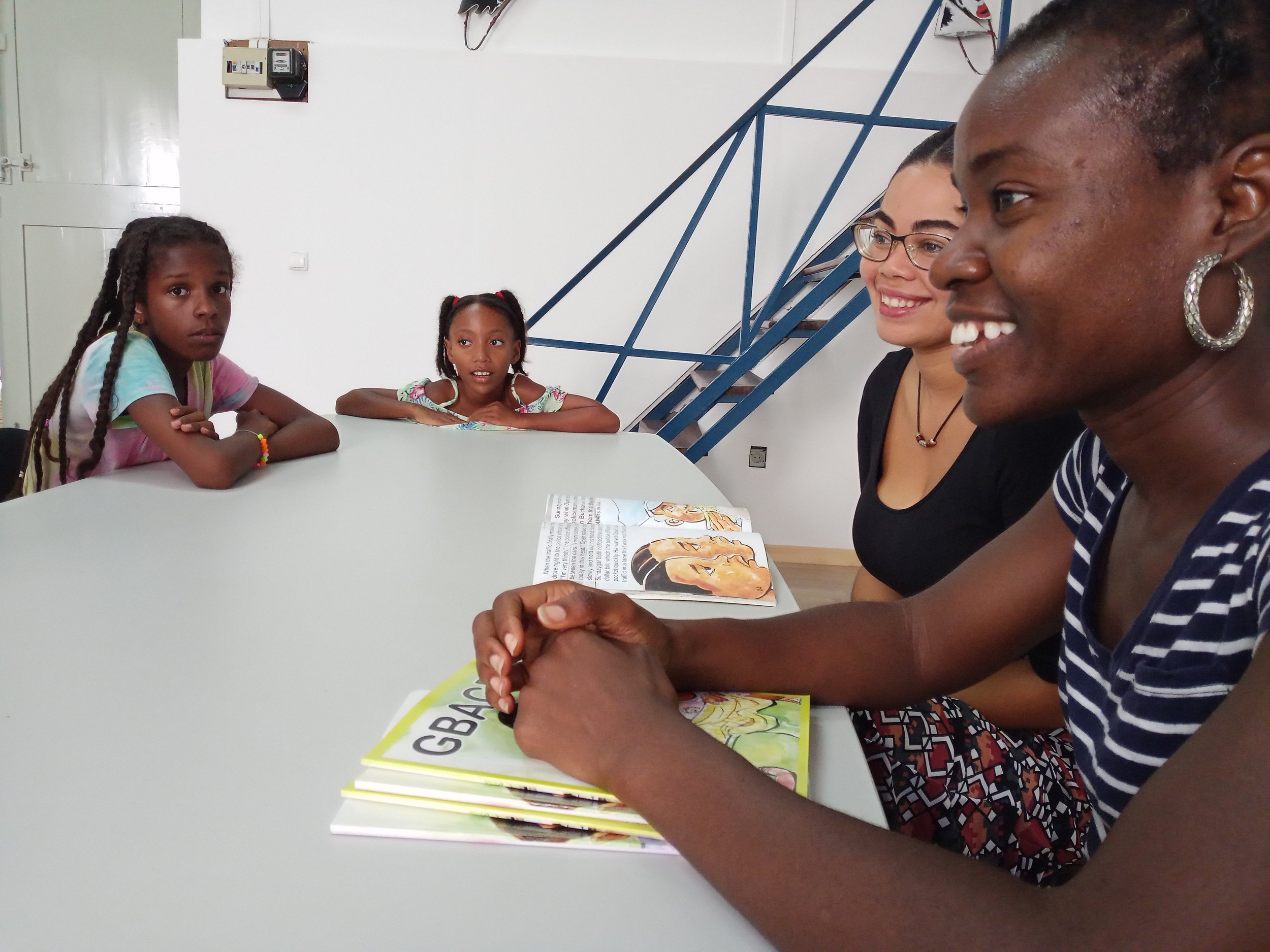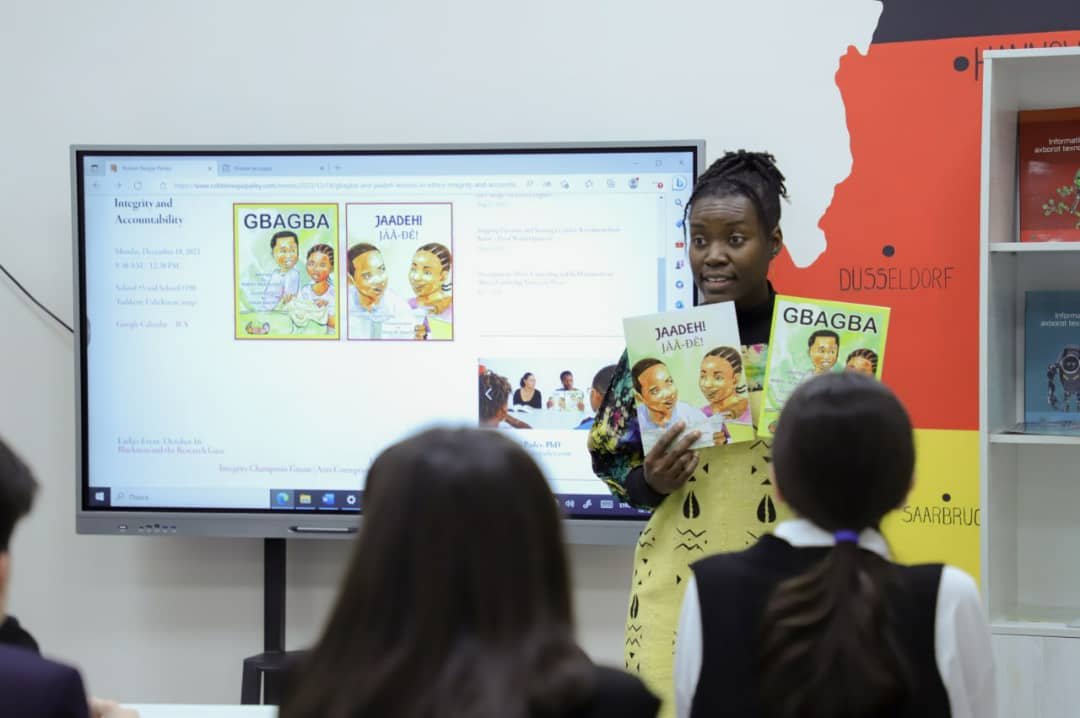In 2005, Sarah moved from Liberia to America with her parents. By 2010, she naturalised as an American. However, at her naturalisation, the Liberian Aliens and Nationality Law automatically revoked her Liberian citizenship and made her illegible for a Liberian passport. This law is in line with a constitutional provision that bars dual citizenship for adults.
Sarah's case isn’t uncommon. After he was denied a Liberian passport by the Liberian embassy in Washington because he was American, Alvin Jalloh - a Liberian who naturalised as an American - sued the Liberian government.
In a 2019 judgement, the Liberian supreme court held that despite naturalising, Alvin could not be denied a Liberian citizenship and passport till he was tried in court. The court opined that citizenship was a right that could not be revoked without trial.
Pursuant to this 2019 ruling, in September of this year, the Liberian ministry of foreign affairs was instructed to issue passports to Liberians who naturalised to other nationalities…
According to Dr Robtel Neajai Pailey, a Liberian scholar and author of Development, (Dual) Citizenship and Its Discontents in Africa, "The December 2019 Supreme Court ruling does not automatically authorize dual citizenship. It only states that a jus soli Liberian who naturalises abroad cannot be stripped of his/her Liberian citizenship without due process.”
She says further that while she believes dual citizenship is "inevitable for Liberia given national and continental trends, the country must address the many historical and contemporary inequalities that fuel backlash against dual citizenship as evidenced in a failed referendum proposition of December 2020…”
